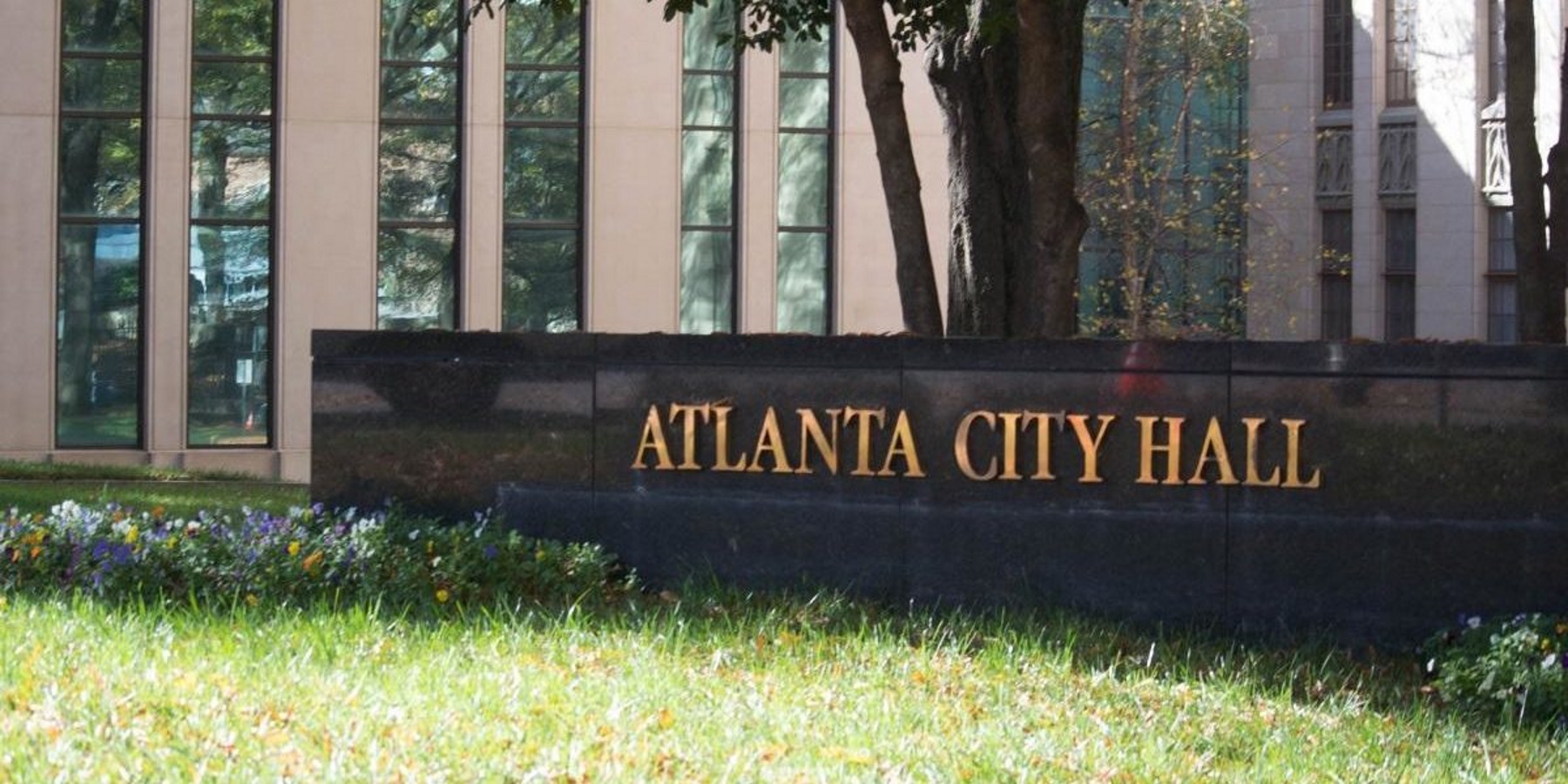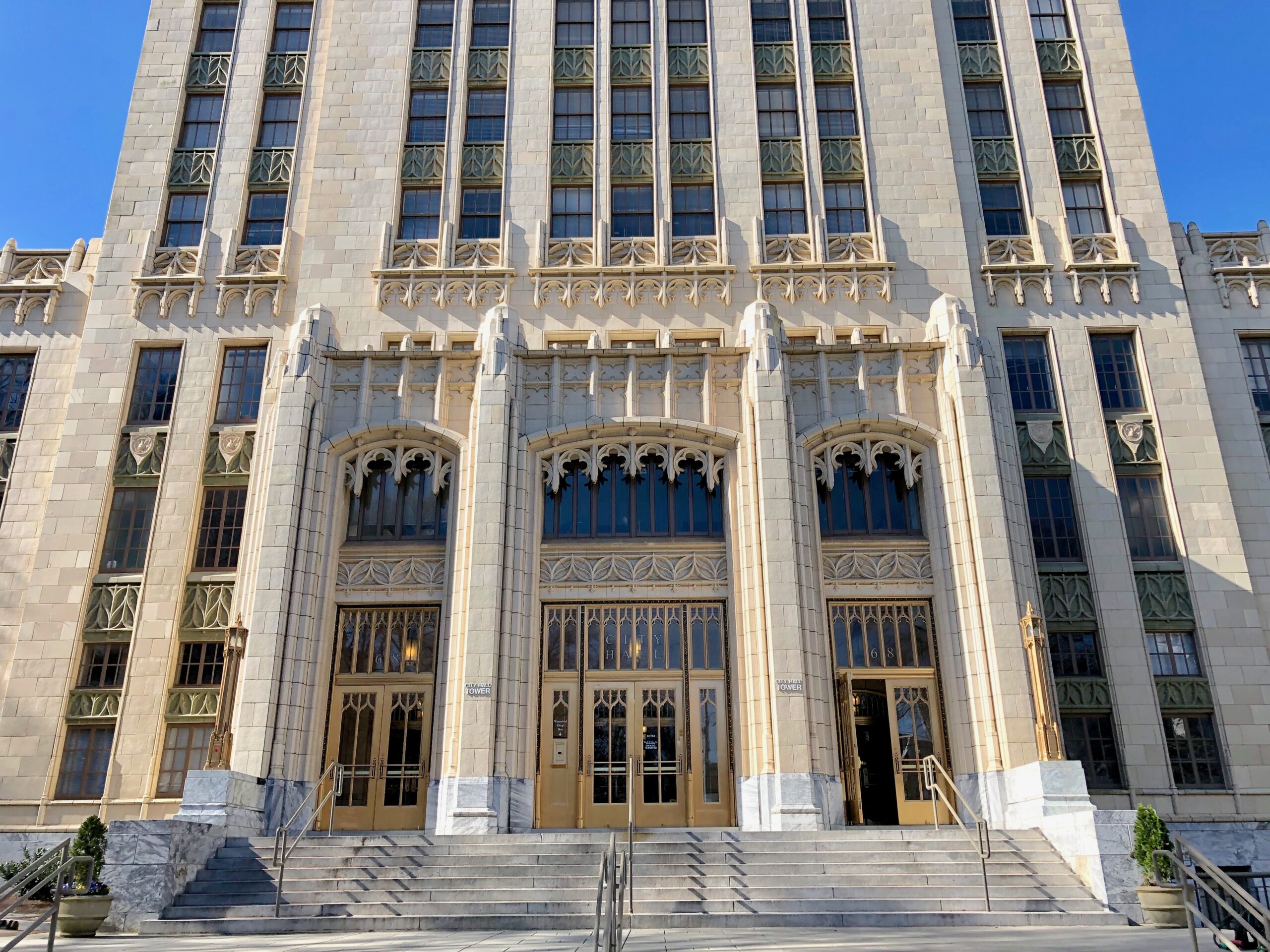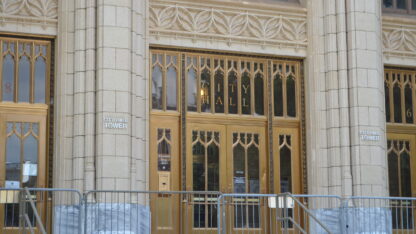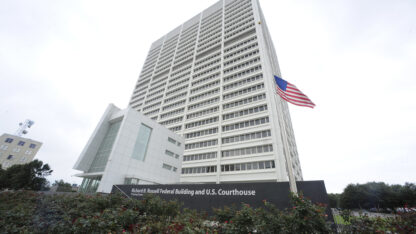It’s now up to jurors to decide whether a political operative who worked in Atlanta City Hall is guilty of receiving bribes and then trying to cover it up.
Mitzi Bickers helped former Mayor Kasim Reed win election and then worked as his director of human services. Closing arguments were held Tuesday, the ninth day of her trial on federal charges including bribery. While others have already pleaded guilty in the long-running corruption investigation, Bickers is the first to stand trial.
Prosecutors used their closing argument to portray Bickers as a mastermind who used her influence to direct about $17 million in contracts to former city contractors Elvin “E.R.” Mitchell Jr. and Charles P. Richards Jr. in exchange for about $2 million in bribes, The Atlanta Journal-Constitution reported.
Defense attorney Drew Findling told the jury that the government failed to prove any connection between Bickers and contracts going to Mitchell and Richards, the newspaper reported. Her role at City Hall did not include contracting, and prosecutors produced no evidence of communication between her and city employees alleged to have helped the scheme, he said.
“When you follow the money trail in this case, it cuts through the lies and the manipulation,” Assistant U.S. Attorney Nathan Kitchens said. “It all leads to one clear path, that the defendant Mitzi Bickers is guilty beyond a reasonable doubt.”
Bickers lied in her financial disclosure forms for the city and on her federal tax returns to hide the bribes, prosecutors said. She also instructed Mitchell to lie to the FBI in 2015 to hide her involvement, Kitchens said.
Prosecutors alleged that she used her influence during and after her time in Reed’s administration to steer contracts and bribed other officials in the process. Two current city employees were placed on paid administrative leave after their names came up during the trial, the newspaper reported.
Bickers used the money from bribes to support a lavish lifestyle, including buying a lakefront home, a luxury SUV, jet skis and taking expensive trips, prosecutors said.
During his closing argument, Findling attacked Mitchell, the prosecution’s star witness, saying he was a liar who turned on Richards and Bickers when the government discovered his wrongdoing.
“Honestly, this guy is the dirt on the bottom of your shoes,” Findling said.
Federal authorities had previously investigated Mitchell after he reached a settlement with Fulton County Schools over alleged overbilling. He was never charged but began working as a government informant in 2006, the newspaper reported.
Mitchell testified and prosecutors have said that cooperation ended before bribery at City Hall, but Findling disputed that. He said that when the FBI confronted him with evidence of bribery in 2015, that created a problem for the government.
“This is not the narrative the government needs,” Findling said. “Because if it’s him, it’s kind of them, because they enabled him.”
Findling insisted that the government’s case has no merit because Mitchell isn’t reliable, and the rest of the charges are shaky.
“This case has been built by the government on the backs of liars, on the backs of cooperators and on the back of a man with a history of defrauding taxpayers,” Findling said.
There are other explanations for Mitchell’s payments to Bickers, Findling argued, saying she did legitimate work for him after leaving the city and that payments made during her time with the city were actually for work she’d done previously.
But Bickers didn’t report that pay, Assistant U.S. Attorney Jeffrey Davis noted.
“The simple reason is because it wasn’t back pay,” Davis said. “It was bribe pay.”
Bickers is also accused of trying to use money and influence to get contract work from city officials in Jackson, Mississippi.









